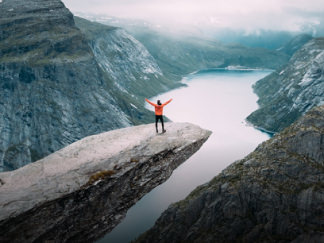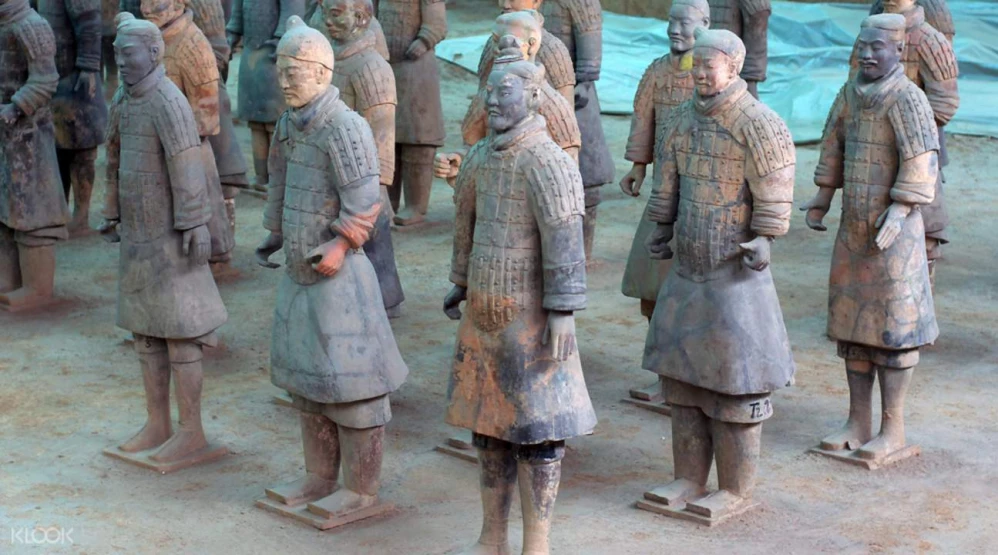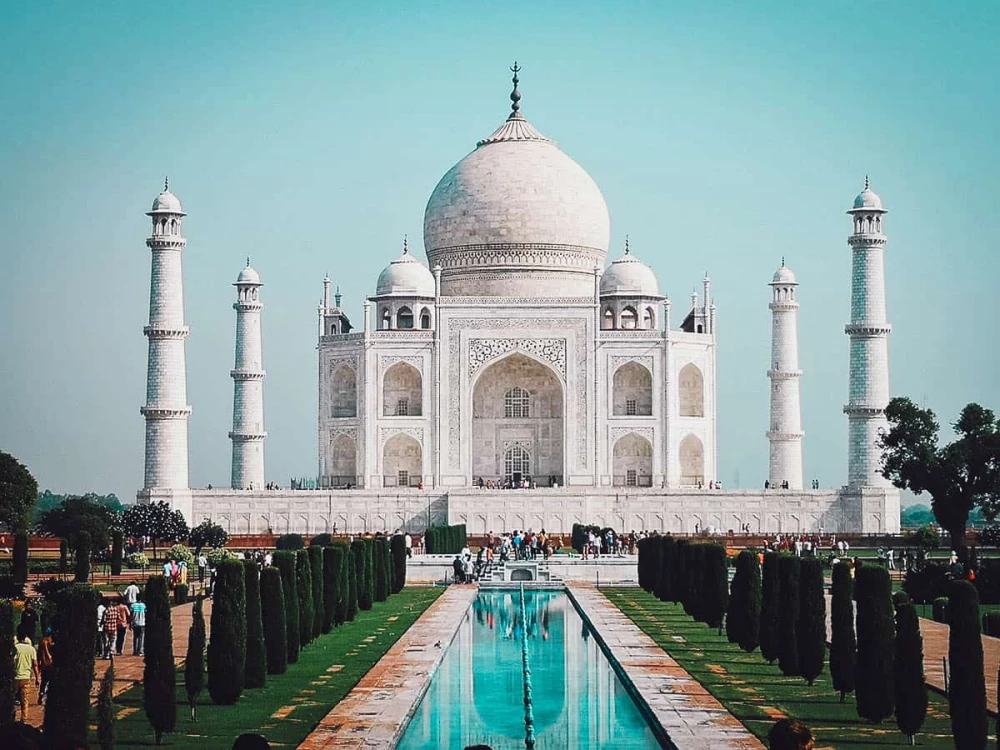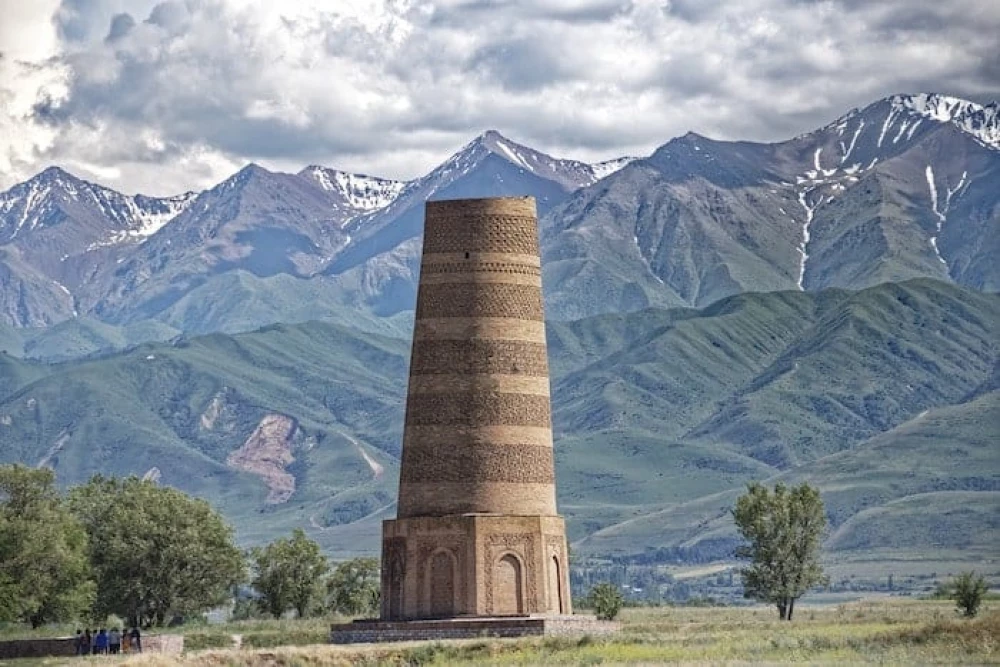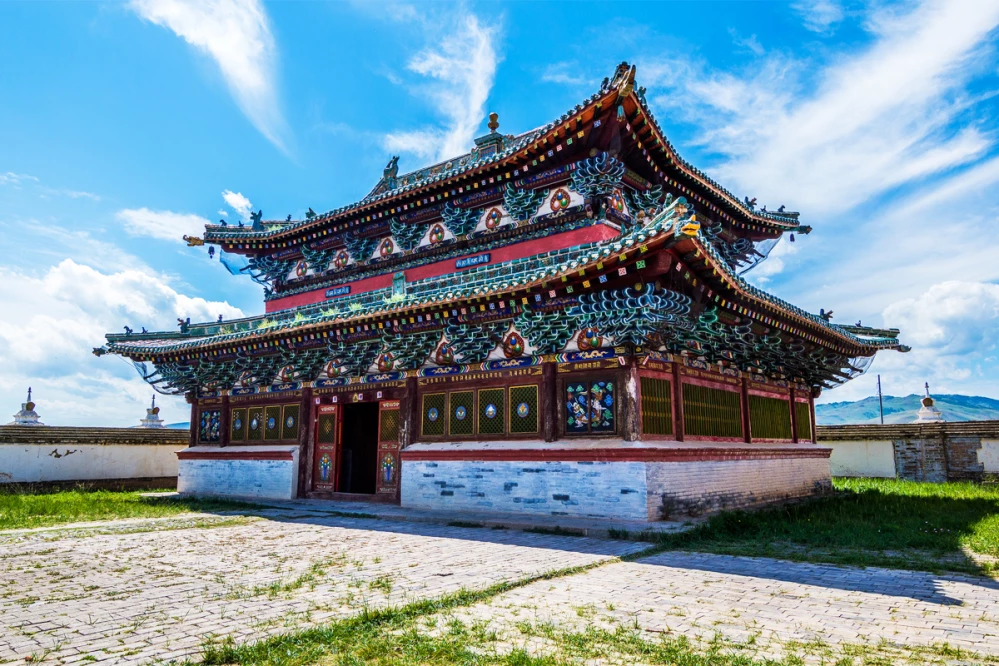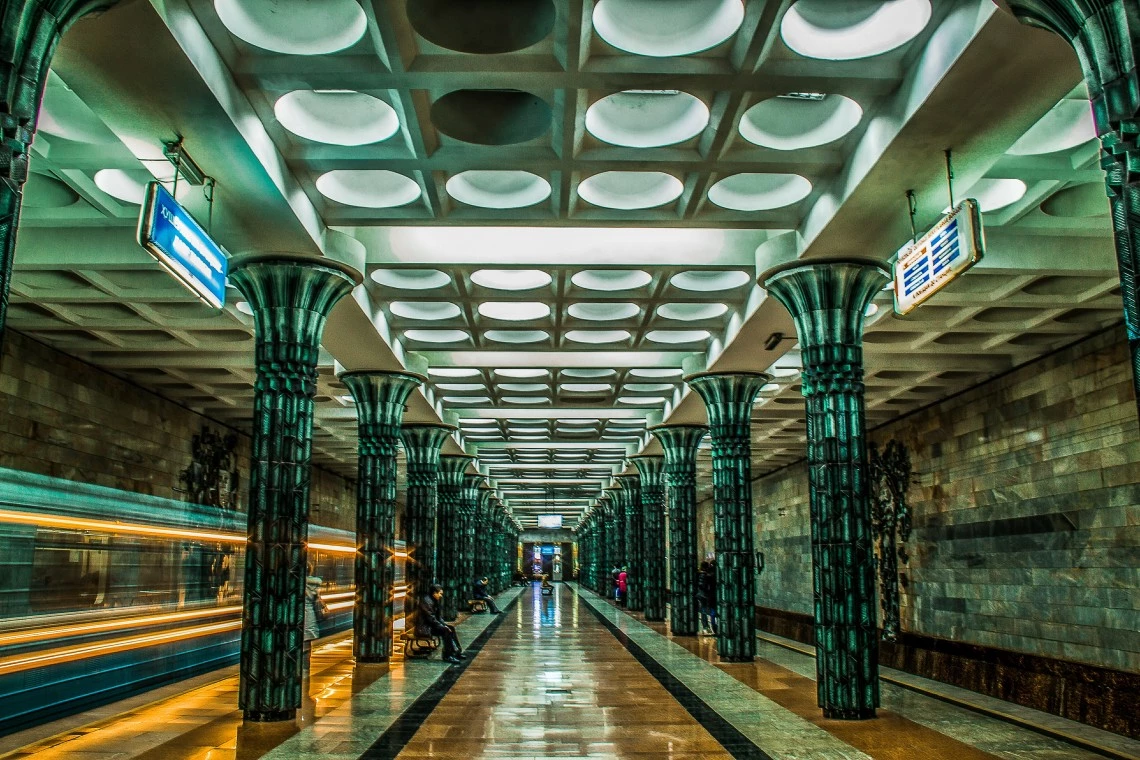
Uzbekistan
General information
This is one of the most interesting countries in Central Asia, which is famous for its rich heritage and ancient cities founded more than a thousand years ago. In Uzbekistan you will find old mosques and minarets, ancient mausoleums of the Timurid period and buildings that remind of the Soviet past.
By the 5th century BC, these Uzbek cities, particularly Bukhara and Samarkand, were poised to assume their role in history as centers of trade and commerce, and naturally, crossroads of cultures. It was during this time when the civilizations of China and Europe began trading along a highway that came to be known as the Silk Road. Bukhara and Samarkand, the two major settlements of Transoxania province, became two of the wealthiest and most influential cities on this route through Central Asia. They have been declared UNESCO World Heritage sites for their long history, cultural legacy, and architectural heritage.
After Alexander the Great, it was the Persians that ruled these lands, specifically the Parthian and Sassanid empires. In the 8th century the Arabs came, bringing with them Islam―perhaps the most lasting of the legacies left by any of the cultures that passed through the region. Uzbekistan formed part of the Islamic Golden Age wherein Arab scholars made headway in the fields of astronomy, art, poetry, philosophy, and many other areas of study.
Changes came when the Mongolian ruler Genghis Khan conquered Central Asia. He and his Mongol-Turkic culture eventually supplanted that of the Indo-Iranians. By the 14th century, long after Genghis Khan had died, the region began breaking up into tribes and one tribal chief, Timur, otherwise known as Tamerlane, became the dominant power. He established his capital in Samarkand and under his rule, artists and scholars once again flourished. Nomadic tribes living north of the Aral Sea, the Uzbeks, came into the picture after the death of Timur in the 15th century. The Uzbeks established a powerful state in Bukhara that controlled Tashkent, northern Afghanistan, and the Fergana Valley. The Uzbeks eventually became the predominant ethnic group in modern Uzbekistan.
Modern Uzbekistan was only established in the 1900s, the better part of which Uzbekistan, along with other states in Central Asia, was under the firm hold of the Soviet Union. It was only in 1991 that Uzbekistan declared itself an independent and sovereign country, with September 1 now celebrated as Uzbekistan’s National Independence Day.
Samarkand, Bukhara and Khiva never fail to impress visitors with their fabulous mosques, medressas and mausoleums, while its more eccentric attractions, such as the fast disappearing Aral Sea, the fortresses of desperately remote Karakalpakstan, its boom town capital Tashkent and the ecotourism opportunities of the Nuratau Mountains, mean that even the most diverse tastes can be catered for.
Despite being a harshly governed police state, Uzbekistan remains an extremely friendly country where hospitality remains an essential element of daily life and you’ll be made to feel genuinely welcome by the people you meet. Let's discover India with Adventure Asia !
Uzbekistan itineraries
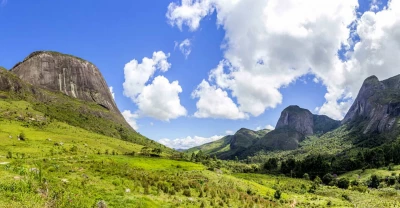
Uzbekistan and Kyrgyzstan Tour
Uzbekistan and Kyrgyzstan are two Central Asian countries, with close cultural ties and plenty of unique characters. Kyrgyzstan is a mountainous country of nomads, who took their yurts from pasture to pasture every season, whereas Uzbekistan is famous for its monumental desert oases. The two countries share a border, most notably in the Fergana valley, and the histories of Kyrgyzstan and Uzbekistan cross again and again. This tour is a combined tour, which will take you from the medieval architecture and ancient quarters of Uzbekistan’s great cities to the snow-capped mountain peaks of the Tian-Shan in Kyrgyzstan, where you can have a taste of the nomadic lifestyle of the region.

Uzbekistan and Kyrgyzstan Tour
Uzbekistan and Kyrgyzstan are two Central Asian countries, with close cultural ties and plenty of unique characters. Kyrgyzstan is a mountainous country of nomads, who took their yurts from pasture to pasture every season, whereas Uzbekistan is famous for its monumental desert oases. The two countries share a border, most notably in the Fergana valley, and the histories of Kyrgyzstan and Uzbekistan cross again and again. This tour is a combined tour, which will take you from the medieval architecture and ancient quarters of Uzbekistan’s great cities to the snow-capped mountain peaks of the Tian-Shan in Kyrgyzstan, where you can have a taste of the nomadic lifestyle of the region.

Uzbekistan and Kyrgyzstan Tour
Uzbekistan and Kyrgyzstan are two Central Asian countries, with close cultural ties and plenty of unique characters. Kyrgyzstan is a mountainous country of nomads, who took their yurts from pasture to pasture every season, whereas Uzbekistan is famous for its monumental desert oases. The two countries share a border, most notably in the Fergana valley, and the histories of Kyrgyzstan and Uzbekistan cross again and again. This tour is a combined tour, which will take you from the medieval architecture and ancient quarters of Uzbekistan’s great cities to the snow-capped mountain peaks of the Tian-Shan in Kyrgyzstan, where you can have a taste of the nomadic lifestyle of the region.
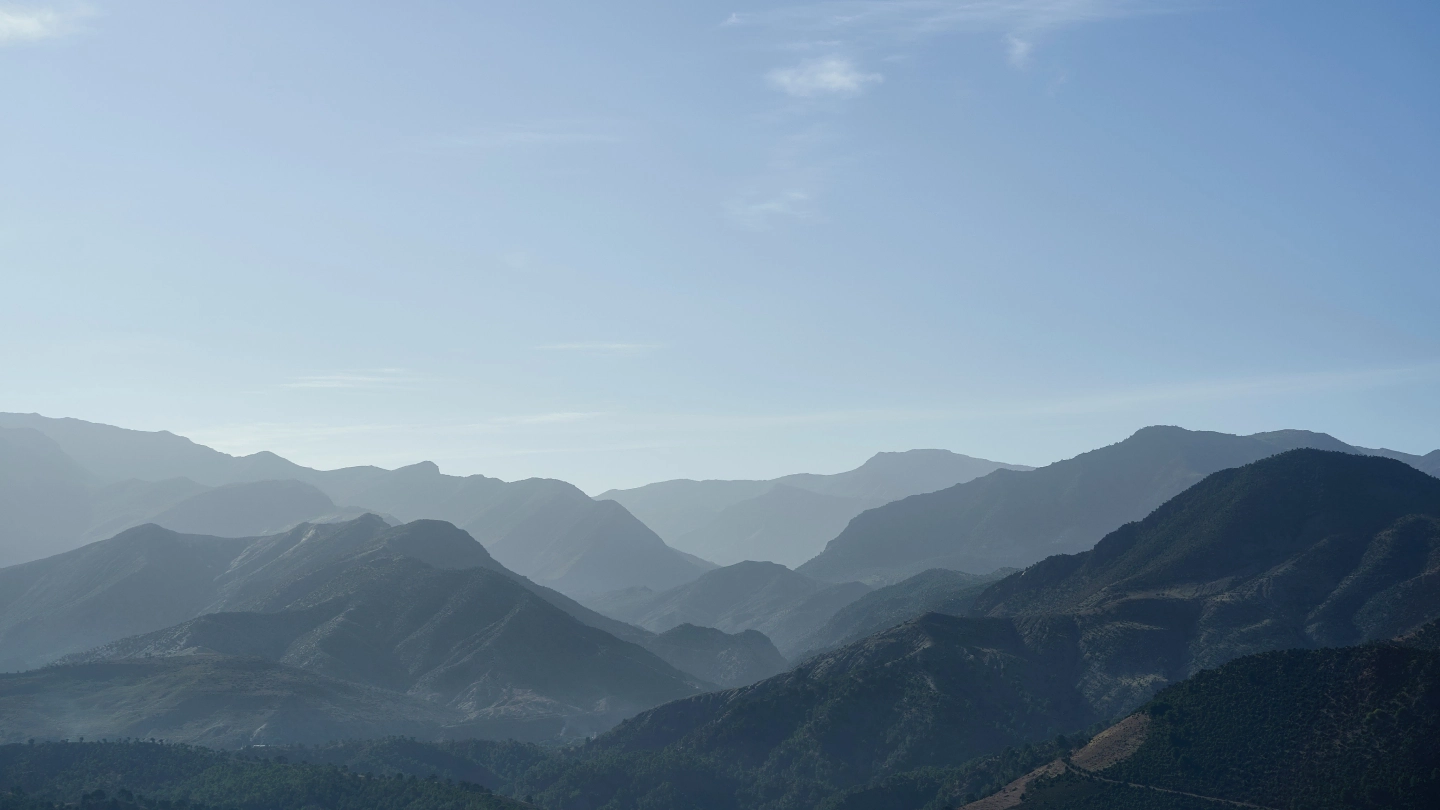
Why Adventure Asia
The company aims to serve soft/medium vacation options to the experienced adventure customer seeking uniquely styled expeditions, rather than traditional tourist-oriented itineraries that are prevalent.
Weather and Climate
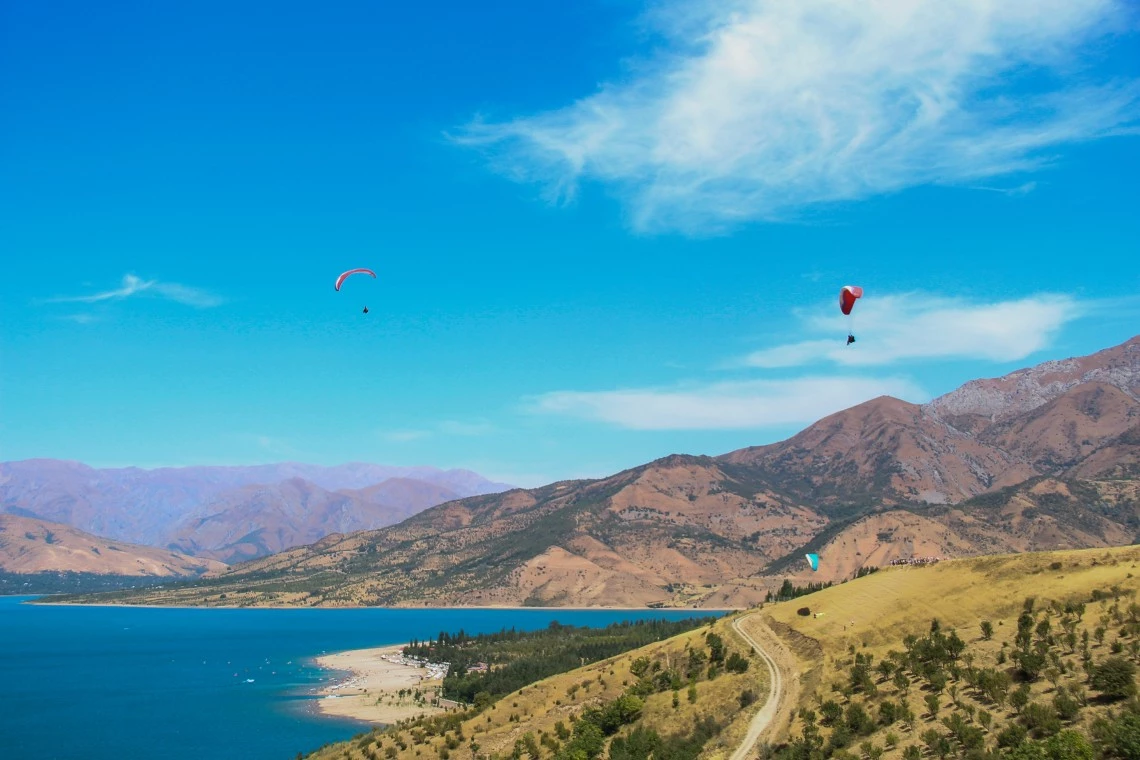
The climate of Uzbekistan is continental and largely affected by its landlocked geography. Being doubly landlocked means the country is surrounded by countries which are also landlocked. Almost 80 percent of the country is comprised by flat, arid desert which is dominated by the Qizilqum Desert of the north. The southern regions, however, lie in the foothills of the snow-capped Tian Shan Mountains of Central Asia. Fergana Valley in the far east is the most fertile region. Generally, however, the country sees little rainfall, averaging between 3.9 and 7.9 inches per annum.
Because of this geography, temperatures can be extreme during the summer and winter months. It is often said, in fact, that Uzbekistan weather is extremely continental. Summers can be very hot, especially in the south, which is represented by cities such as Termez. Winters, on the other hand, can be bitterly cold. July and August are the hottest months.
In summer, the average temperature is 75 to 86°F in the northern plains and foothills, while in the south, it goes as high as 108°F. The highest temperature ever recorded is 122°F. In winter, temperatures can drop to 18°F in the north and 32°F in the south. Weather is highly fickle, however, and temperatures have been known to drop to -31°F.
Best Time to Visit Uzbekistan. Because of the temperature extremes in the summer and winter, spring (April to June) and fall (September to October) are the best time to visit Uzbekistan. The capital, Tashkent, sees spring and fall temperatures of a bearable 48°F to 72°F. Fall is particularly pleasant in many areas because this season is harvest time. Fresh fruit is widely available in the markets. Spring and fall are, of course, the high season. While rates go up, hotel accommodations, transport, and tours rarely become fully booked.
Travel FAQs
Essential Information
Apart from sightseeing in Uzbekistan’s historic cities, visitors can engage in a number of recreational activities, mostly involving scenic valleys, snow-clad mountains, and vast barren deserts. In the Nuratau-Kyzylkum Biosphere Reserve, visitors can even engage in community-based, eco-tourism activities and learn about the local way of life in the many villages of the area through farming, harvesting, and preparing locally-grown food. Shopping in Uzbekistan’s many bazaars or local markets is a truly unique travel experience. Visitors need to put their haggling caps on however, as bargaining is the only way to get good deals. Items worth bargaining for include the tubeteika (traditional Central Asian cap), the pichok (Uzbek knife), and locally-made silk products. Uzbeks are friendly and welcoming, but taking note of local customs such as not putting bread down on the ground, avoiding displays of wealth such as jewelry, and wearing modest clothing in public places will place tourists in good stead here. Traveling to and from the major tourist destinations is generally easy. Special tours can be arranged with local travel agencies, especially excursions involving remote areas such as mountains or deserts. Those taking public transport, however, will be glad to know that Uzbekistan has a good railway system that connects the capital, Tashkent, with major cities such as Samarkand and Bukhara.
Getting There
Tashkent International Airport The most convenient way to travel to Uzbekistan is by plane to Tashkent. It is, in fact, the largest airport in Central Asia. Tashkent International is located 7.5 miles from the city it services, in the country’s eastern region. The airport has two terminals—domestic and international—each having its own building. The airport processes two million passengers per year. A number of facilities are available for travelers in transit. There are duty-free shops, bars, and restaurants, currency exchange counters, waiting lounges, and VIP lounges. There are also ticket booking offices on the first and third floors. While facilities are good, the airport is notorious for having unhelpful bureaucratic staff. Baggage claim and immigration processes for arriving visitors frequently take over two hours. Those taking flights from this airport are advised to arrive three hours before departure. Tashkent International is the hub of national airline Uzbekistan Airways. The airport is connected to airports in Central Asia, the Middle East, China, Korea, India, Southeast Asia, Russia, and Europe. Currently, only Uzbekistan Airways offers direct flights to and from North America, the UK, and Western Europe. It flies to and from New York-JFK, London-Heathrow, Paris-Charles de Gaulle, Frankfurt, and a few other major airports in Europe. As for domestic destinations, travelers can fly from Tashkent International to a number of Uzbek cities, such as Samarkand, Bukhara, Andijan, Ferghana, and Termez. To get to the city center from Tashkent International, travelers can take a bus or a cab. Buses leave every 20 to 30 minutes and take about 30 to 60 minutes. Taxis are readily available outside for a quicker yet more expensive ride into the city. Samarkand International Airport Samarkand International Airport is a secondary gateway to Uzbekistan. The airport services the historic city of Samarkand, which is located around seven miles from the airport. A new terminal has recently been built for international flights. Official airport statistics peg passenger arrivals at 35,000 in the year 2004. The airport has a number of facilities, such as booking offices, bars and restaurants, currency exchange counters, and VIP lounges. The airport currently receives regular flights with seven airlines, all of which connect the airport to Russia (Moscow and St Petersburg) and the Ukraine (Kiev). One airline, Germania, provides seasonal services to and from German cities such as Düsseldorf and Frankfurt. Domestic flights are also available. The flight from Tashkent to Samarkand takes about 45 minutes. From the airport, visitors can take a bus, a van, or a taxi to reach the town center.
Getting Around
Uzbekistan Taxis and Car Rental Taxis and cars for rent are available in all the major towns and cities of Uzbekistan. They are a good option for getting around and the only option when traveling at night. Official cabs are recommended, but visitors will most often find unlicensed cabs. At any rate, you should always agree on a price before getting in. There are a number of cab companies whose vehicles can be rented by phone. Two are Aist Taxi (+998-71-244-5646) and Taxi Imperia (+998-71-232-1166). Shared taxis are also available. While not the most comfortable or the most reliable form of transportation, they offer a local experience for travelers. On some routes, such as Khiva to Urgench or Bukhara, Nukus or Khiva, shared taxis may be the only local transport available. Travelers need to ask around the taxi ranks to find a taxi which is heading to their destination. Schedules are not fixed and fares aren’t set in stone, so travelers need to be patient and negotiate with the driver. There are no car rental agencies in the country. You can rent a car, but it will essentially be a cab with a driver. Bringing your own car is possible but travelers are advised to check travel restrictions with regard to driving as some areas, such as Termez and the Surkhandarya region, require a special permit from the Ministry of Foreign Affairs in Tashkent. While Uzbekistan is connected by road to its neighbors, not all borders are safe to cross and some are indeed closed. It is always best to check beforehand. Generally, an International Driving Permit is required for driving in Uzbekistan along with valid insurance from your home country. Driving is on the right. Seatbelts are not required. Uzbekistan Trains and Buses. Trains are perhaps the safest and most comfortable form of local overland transport in Uzbekistan. Entering the country via rail is possible as the nodal point for railway lines in Central Asia is Tashkent. There are trains from neighboring Turkmenistan, Tajikistan, Kyrgyzstan, Kazakhstan, Russia, and China. Hard cash in US dollars is generally the main form of payment when buying tickets. Domestic train routes are popular in Uzbekistan due to the speed and comfort they offer. The main line runs from Tashkent to Samarkand and Bukhara. Two express trains serve this route. The Registon runs from Tashkent to Samarkand, taking 4 hours, and the Sharq runs from Tashkent to Bukhara, taking 7 hours, 30 minutes via Samarkand. There is also a night train from Tashkent to Bukhara that departs daily, a thrice a week train to Urgench, and a twice a week train to Nukus-Kungrad. There are hard sleepers called platskartny, soft sleepers called kupeyny, and general compartments called obshy. Travelers are advised to book at least two days in advance of travel as trains fill up. Buses are only recommended for the most adventurous of foreign travelers. Many local buses are old and rickety, and keep unreliable schedules, running very slowly and breaking down often. Newer, more comfortable private buses are slowly emerging. However, schedules are still unreliable as most operators readily throw away the timetable to wait for more passengers. Personal provisions such as toilet paper and reliable, clean food must be taken with you when traveling by bus as journey can be long.
Visa and Permits
Uzbekistan has eased its visa requirements and as of March 2019 citizens of 65 countries can visit the country without having to get a visa. These include the CIS countries whose citizens generally can stay for 90 days, and nationals of most first world countries (notably U.S. citizens have to obtain a visa for anything other than transit) and some others that can stay for 30 days.
Local Customs
Uzbekistan is a country inhabited by one of the oldest ethnoses on the planet. Its rich history has defined the special flavor of the way of life of her current local population. The formation of the Uzbek national character is significantly influenced by Muslim traditions. The State religion requires daily observance of the universal five-time daily “prayer” and fasting in the holy month of Ramadan. Islamic customs and ancient magical rituals were intertwined in various rituals associated with the social and everyday aspects of life of Uzbeks. Despite this, Uzbeks cannot be said to be fanatical believers. They are not strangers to secular things. Thus, they show tolerance to representatives of other faiths. The traditional feature of the social structure in Uzbekistan is the “mahalla”. It is a neighborhood community setup which includes relatives and people living in the same vicinity. The principles of mutual assistance lie at the heart of their association. The “mahalla” often occupies an entire village or settlement. In the Uzbek family, there is a strict hierarchy that provides authority for the husband and father as the head of the house and the respect and obedience of the younger to the older ones. You will still come across early marriages, but recently they have become quite rare. Love and care is shown towards children in any family. One of the ever reliable customs of Uzbekistan is the hospitality of the local population. The art of receiving guests is highly valued in the Uzbek society and has clear rules. Visitors are met at the entrance to the house. Everybody is welcomed, after which they inquire from one another about the latest news and happenings. The Uzbeks like to communicate with each other. The conversation is always conducted in a simple and democratic manner. It is not acceptable to refuse an Uzbek’s invitation to dinner. Uzbeks go to visit each other with gifts and sweets for children. It is important to be on time as lateness is considered disrespectful to the host. You must remove your shoes at the entrance to the house. The dining table “dastarkhan” is usually set up in the central room or in the courtyard. The meal begins with tea drinking and ends with it. The more expensive the guest is for the hosts, the less tea they pour. Frequent appeal to the owners of the house for another round of tea demonstrates respect for the house. A single cup filled to the brim is poured for an unexpected and unwelcome guest. Uzbek tea drinking is associated with a variety of customs that should be observed even by foreigners. Uzbeks are quite open and friendly people, and therefore it is common for them to exchange handshakes when meeting even strangers (male only). While shaking hands, friends inquire about each other’s health, and the latest changes in life. Women are greeted with a polite bow and the right hand placed on the heart. In terms of appearance, Uzbekistan does not have very strict restrictions. However, if it is a question of visiting places of religious significance, too short and revealing dresses are not accepted. The casual wardrobe of Uzbeks rarely contains shorts or short dresses. The people of rural areas have especially conservative views on how to dress. Residents of Uzbekistan remain polite even in the event of an approaching conflict. This feature of their mentality has an historical origin: for a long time Uzbeks were traders for whom offending the buyer meant losing profits. In Uzbekistan, refusal is never done directly. The traditional answer to the most varied requests is “hop mayli”, which translates as “okay”. This way, it is impossible to guess when the promise will be fulfilled. The Uzbeks do not like hurrying either in their work, in making decisions, or in carrying out the promises. Having failed to fulfill an agreement, the Uzbek will try to solve the ensuing conflict by all means without displeasing the other party.
Events and Festivals
January: Day of defenders of the Native land (January, 14th) Uzbekistan celebrates the creation of its armed forces under jurisdiction of the Republic of Uzbekistan on January 14, 1992. February : Chimgan Extreme February, Chimgan mountains. Winter sports festival near Tashkent. March : Navruz March 21. Central Asia’s New Year. The whole region welcomes springtime with song, dance and good food. In Uzbekistan, family celebrations and street parties are a natural part of the day. Traditional games like kukpari will be on show around this time. April : Boysun Bahori Boysun, April. The small town of Boysun is the locus of this festival of traditional games, song, dance, arts and crafts. It’s a nice all-in-one package if you want to experience the traditional pastimes, in a very rural area of Uzbekistan near the Tajik border. 20th International Exhibition “Food, ingredients and food technologies – UzFood 2020 ‘UzFood is the country’s largest food exhibition. It is the perfect place to hold business meetings with more than 9,000 professional visitors: suppliers, manufacturers, dealers and influential professionals in Uzbekistan’s food sector’ – the organisators say. During this event, you’ll be able to observe several hundreds of dishes coming up from all over the world. Not only foreign cookers and famous chiefs will be participating but also a local masters. The exhibition will be held on 1-3 April 2020, at NEC “Uzexpocentre”, Tashkent, Uzbekistan. The visitors will be able to observe several sections: – Meat and poultry – Dairy products – Confectionery – Grocery – Drinks – Food ingredients – Bakery – Packaging – Horex… May : Silk & Spices Festival is held every year in Bukhara. It is organized to support national crafts and glorify the cultural wealth of the Uzbek nation. The first part of its name “Silk” is associated not only with unusually beautiful Uzbek silk fabrics, but also with the diversity of folk-applied art on the entire length of the Great Silk Road. June : Chimgan’s Echo festival Chimgan mountains, first week of June. Cozy atmosphere at this outdoor music festival for singer-songwriters. Also includes a mountain bike downhill race. Beer festival Tashkent, June. Tashkent might not be the beer destination of choice for the experts, but this festival nonetheless features lots of drinking and fun. August : Sharq Taronalari (Aug.26) is one of the largest musical and cultural festivals in Central Asia. Held every two years in Samarkand’s Registan Square since 1997, this festival brings together the most talented singers, dancers, and musicians to celebrate art from around the world. September : The International Festival Of Folk Arts And Crafts. From 10 to 15 of September 2019, Kokand will host the First International Festival of Folk Arts and Crafts, which will include fairs, contests, master classes of foreign and local artisans, scientific and practical conference and performances of folklore and ethnographic groups. The State Committee of the Republic of Uzbekistan for tourism development invites residents and guests of our country to visit this grand event, which promises to leave unforgettable impressions and positive emotions for each participant. In the framework of the festival there will also be held various traditional games, theatrical performances, performances of athletes traditional wrestling, equestrian sports, artists of puppet theater, the fashion shows, Palov cooking classes, an Uzbek traditional music and dance show program. Handicrafter festival Kokand, September. Similar to Bukhara’s Silk and Spice festival, mostly a shopping and arts and crafts festival, with some concerts thrown in. October : UzCharmExpo. The 11th International Exhibition UzCharmExpo “Leather, Footwear, Clothing & Accessories” is a unique opportunity for leather producers, distributors and trading companies from Europe, Asia and the CIS to showcase their latest products and build up new business contacts. November : Festival of Science and Atom. Started in the Nuclear Technology Information Center (NTIC) in Tashkent, Uzbekistan, on November 14. The event aims at popularizing science and innovation, presenting modern technologies to young people and answering the participants’ questions relating to nuclear issues. The Festival program includes intellectual games, e.g. “Nuclear Dobble”, “Scientific Chronograph” and “Technostrategy”, lectures and a popular-science talk show. December : Concert of «Tumor» Ensemble. One of the ensembles that preserved and propagates the traditions of national classical dance in the Republic is the ensemble “Tumor”, formed in 2011 under the leadership of Charos Djurabaeva. Since 2017 the ensemble has become a part of the collective of the SABT named after A. Navoi as an ensemble of the young ballet of the theater. The repertoire of the ensemble is based on traditional classical, Uzbek national and dances of the peoples of the world.
When is the best time to visit Uzbekistan?
Autumn and spring are considered the best times to visit as the weather is mild and generally pleasant. The desert is in bloom briefly during spring (April) and markets are full of fresh produce in autumn because it’s harvest time. Summer can get very hot everywhere other than in the mountains and winter can be bitterly cold and snowy.
What is the internet access like in Uzbekistan?
Travelers should be able to use the internet in the internet cafes and some hotels and restaurants of Uzbekistan’s big cities. Rural areas will have little to no access so be prepared to disconnect from the net when travelling in remote areas.
What will it cost for a…?
Bottle of beer = 1000 UZS 1 hour in an internet café = 1000 USZ Lunch or market snack = 1000 USZ Simple lunch at a cafe = 4000-5000 UZS Dinner at a restaurant = 7000-10,000 UZS
Are credit cards accepted widely in Uzbekistan?
Foreign credit cards aren’t widely accepted so be sure to carry other modes of payment when travelling in Uzbekistan
What is ATM access like in Uzbekistan?
Relying on ATM access isn’t wise when travelling in Uzbekistan. Be sure to arrive in Uzbekistan with enough USD for the trip to exchange at the airport or hotels for local currency. While you will encounter some ATMs, operational ATMs that accept foreign cards are hard to come by.
Is Uzbekistan a safe destination for LGBTQI-travellers?
Regardless, if you are a man or woman in a same-sex relationship and are travelling with your partner, it is best to avoid any public displays of affection and discussing your relationship with locals openly. Double rooms have twin beds as a standard and our trips are twin share (unless you request a single supplement), so asking for one room is unlikely to raise any suspicions. Travelers will find little scrutiny compared to locals, but using discretion is advised in this tightly monitored country.
What's your refund policy ?
Below is our cancellation and refund policy: 🔸 60 days prior to arrival date: No cancellation charge for the land cost. We guarantee 100% of the land cost back. The airline cancellation fees are applied according to the airline's policy. 🔸 59 - 30 days prior to arrival date: 5% cancellation charge + airfare cancellation fees 🔸 29 - 15 days prior to arrival date: 10% + airfare cancellation fees. 🔸 14 - 8 days prior to arrival date: 40 + airfare cancellation fees. 🔸 7 days prior to arrival date: 100% 🔸 No show: 100% Please note that the domestic flight tickets in the package are non-refundable

